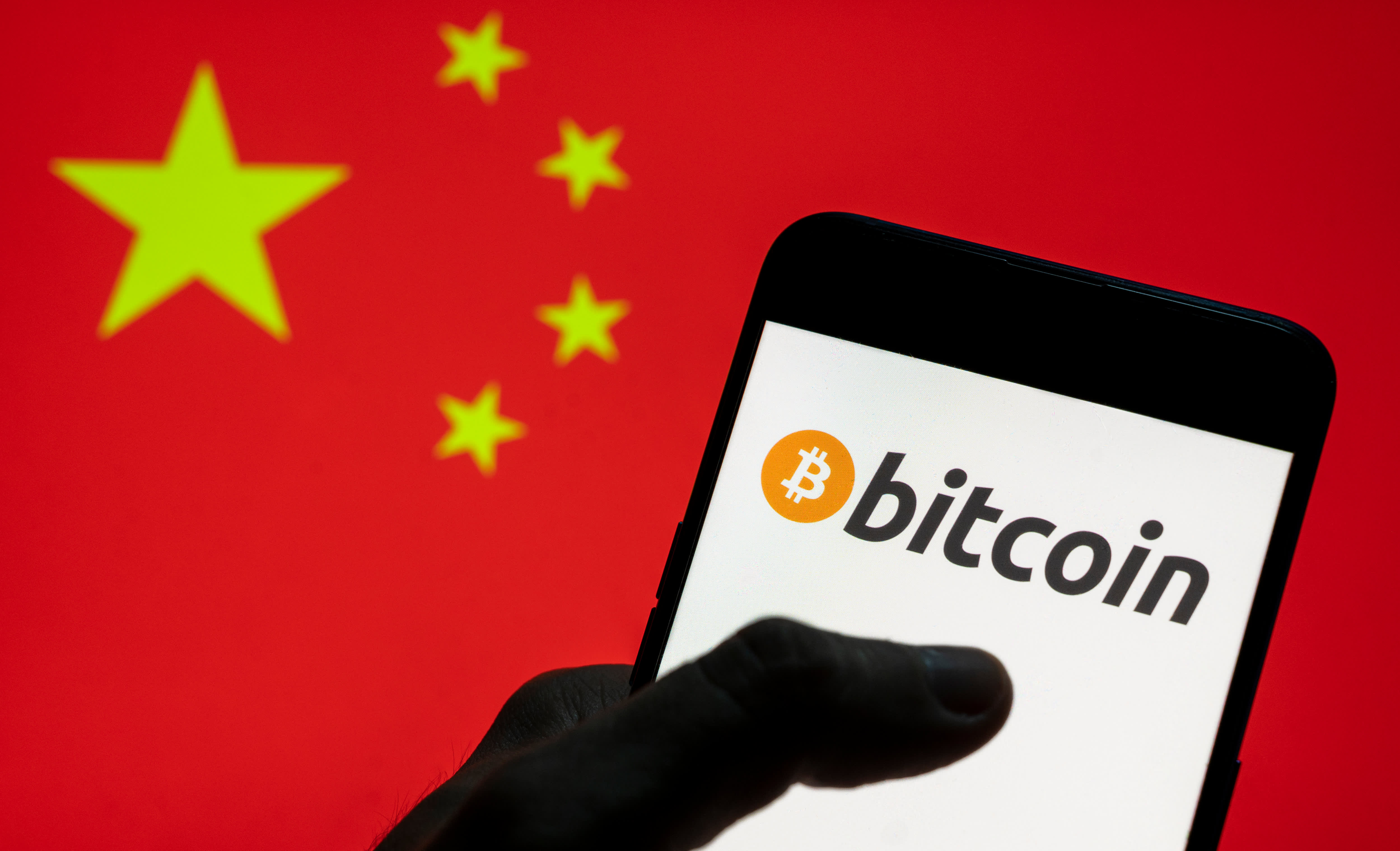Getty Images | Budrul Chukrut | LightRocket China’s central bank announced on Tuesday that a company “was suspected of providing software services for virtual currency transactions” had been shut down. The People’s Bank of China’s Beijing branch released a statement warning institutions not to provide other services related to virtual currency, such as business premises or marketing. The authoritarian state has a history of retaliating against digital currency. Third-party payment providers were instructed to stop utilizing bitcoin by the country in 2013. In 2017, Chinese authorities banned token sales and promised to continue targeting cryptocurrency exchanges in 2019. But, in the past, whenever Beijing has slammed the crypto business, the sting has worn off and the rules have gradually loosened. However, this time appears to be different. China outlawed the provision of crypto-related services by financial institutions and payment companies in May. People accused of utilizing cryptocurrency in illicit ways were arrested in large numbers in China in June. Regulators increased the pressure on banks and payment companies to quit providing cryptocurrency services in the same month, while Weibo, China’s Twitter, blocked cryptocurrency-related accounts. Following Beijing’s call for a serious crackdown on bitcoin mining and trading, half of the world’s bitcoin miners have gone silent as of July. “China’s government is doing everything it can to keep bitcoin and other cryptocurrencies out of the Chinese financial system and economy,” said Fred Thiel, CEO of Marathon Digital Holdings and a member of the Bitcoin Mining Council. Why are you doing this now? So, why has China declared war on cryptocurrencies in the year 2021? Nic Carter, a founding partner of Castle Island Ventures, stated, “We’re all curious.” One notion is that it’s part of a larger law-and-order drive ahead of the Chinese Communist Party’s centennial celebrations this year. “They’re putting a stop to all kinds of bad behavior,” Carter remarked. In the mainland, cryptocurrency has long been associated with criminal activity. “Plus Token, a Chinese scheme, was most certainly the largest-ever Ponzi in crypto,” he claimed. Scammers stole $5.7 billion from investors in that fraud, and hundreds were imprisoned. “That will linger in their minds,” says the narrator. Another notion is that China is preparing to launch its own digital yuan, a central bank-issued digital currency that has been in the works since 2014. “Part of this is to ensure that China’s central bank digital money is used, and part of this is most likely to ensure that financial surveillance activities can view all economic activity,” Thiel explained. The digital yuan may theoretically give the government more control over spending by allowing it to track spending in real time. But, according to Carter, bitcoin and the digital yuan are so dissimilar that they can’t be considered direct competitors. “That is, without a doubt, the most frequently given explanation,” Carter added. “I’m simply not sure I believe it. They’re two very different systems.” According to Carter, the most likely motivation is Beijing’s desire to use stablecoins and cryptocurrencies to stop capital outflows. “China stifling the flow of yuan into cryptocurrency is a significant concern,” he said. Bitcoin’s current value According to Carter, converting all Chinese retail into bitcoin “completely changes the needle” in terms of bitcoin price. “I believe that explains a significant portion of the market’s weakness and sell-off,” he said. “The good news is that bitcoin has remained relatively flat as the crackdown has intensified, indicating that the market has digested this information.” Thiel believes that banning bitcoin and other cryptocurrencies will benefit bitcoin in the long run. “If China’s intention was to eliminate bitcoin by shutting down half of the mining power and restricting trading, plunging its value to punish Chinese investors (as Didi did after its IPO and Ant Financial did), it failed. Instead, bitcoin demonstrated its durability, and the trades just shifted overseas, with other miners picking up the burden.” Stillmark’s Alyse Killeen, the founder and managing partner of bitcoin-focused venture firm Stillmark, points out that this entire debate may be irrelevant, as a government’s ability to impose a bitcoin ban will only decrease over time. “I’d expect this type of news to have less of an impact on the exchange rate of bitcoin than it has in the past,” she said. “It’s also true that the sector has been inoculated against this news – bitcoin has been banned numerous times in numerous jurisdictions, and yet adoption today is outperforming internet growth at a similar lifecycle stage.”/n
Read MoreChina’s war on bitcoin just hit a new level with its latest crypto crackdown
2021-07-07T04:36:53-04:00July 7th, 2021|





